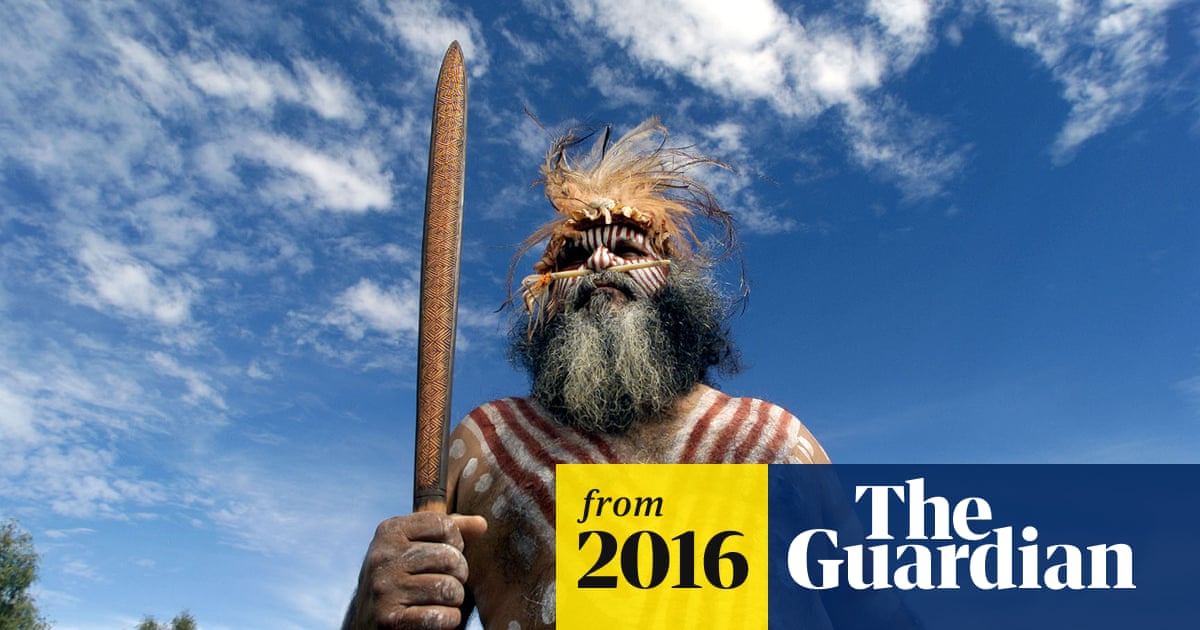Could it ever be possible that the Australian Aboriginals could develop and run advanced governments, akin to those developed in Precolumbian America? Or is Australia simply too resource-poor for such a feat? It's a huge island, with an incredibly diverse set of ecosystems, and a lot of it is arable away from the deserts, so I see no reason why this couldn't have occurred under the right circumstances.
Which parts of Australia would've been the most likely to see civilization arise? The Southeast around the Murray–Darling basin seems the most likely, though I'd be curious if you think more remote areas could ever house such places?
And yes, I have seen the genius, excellent book "Lands of Red and Gold" by @Jared based on this premise.
Which parts of Australia would've been the most likely to see civilization arise? The Southeast around the Murray–Darling basin seems the most likely, though I'd be curious if you think more remote areas could ever house such places?
And yes, I have seen the genius, excellent book "Lands of Red and Gold" by @Jared based on this premise.


